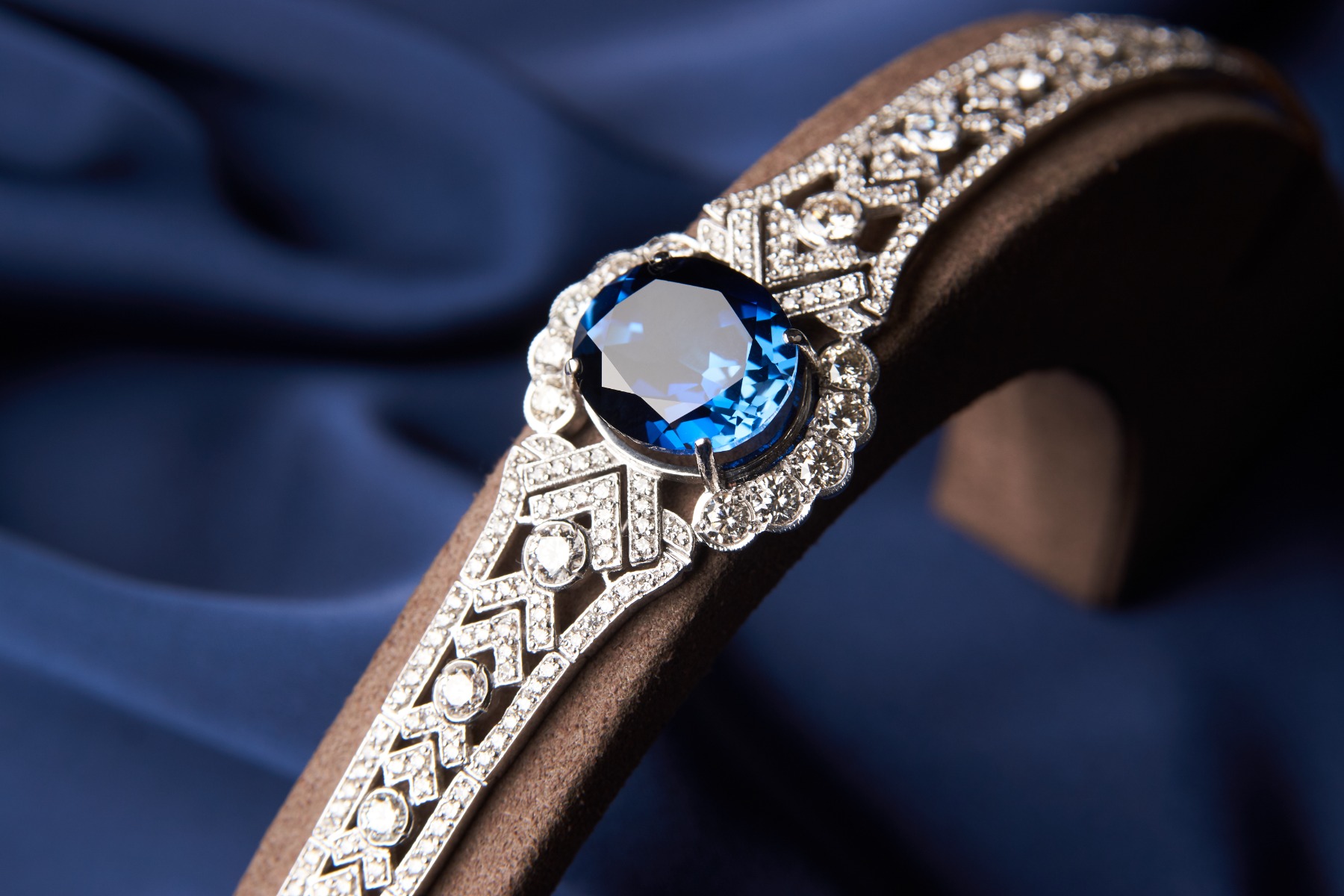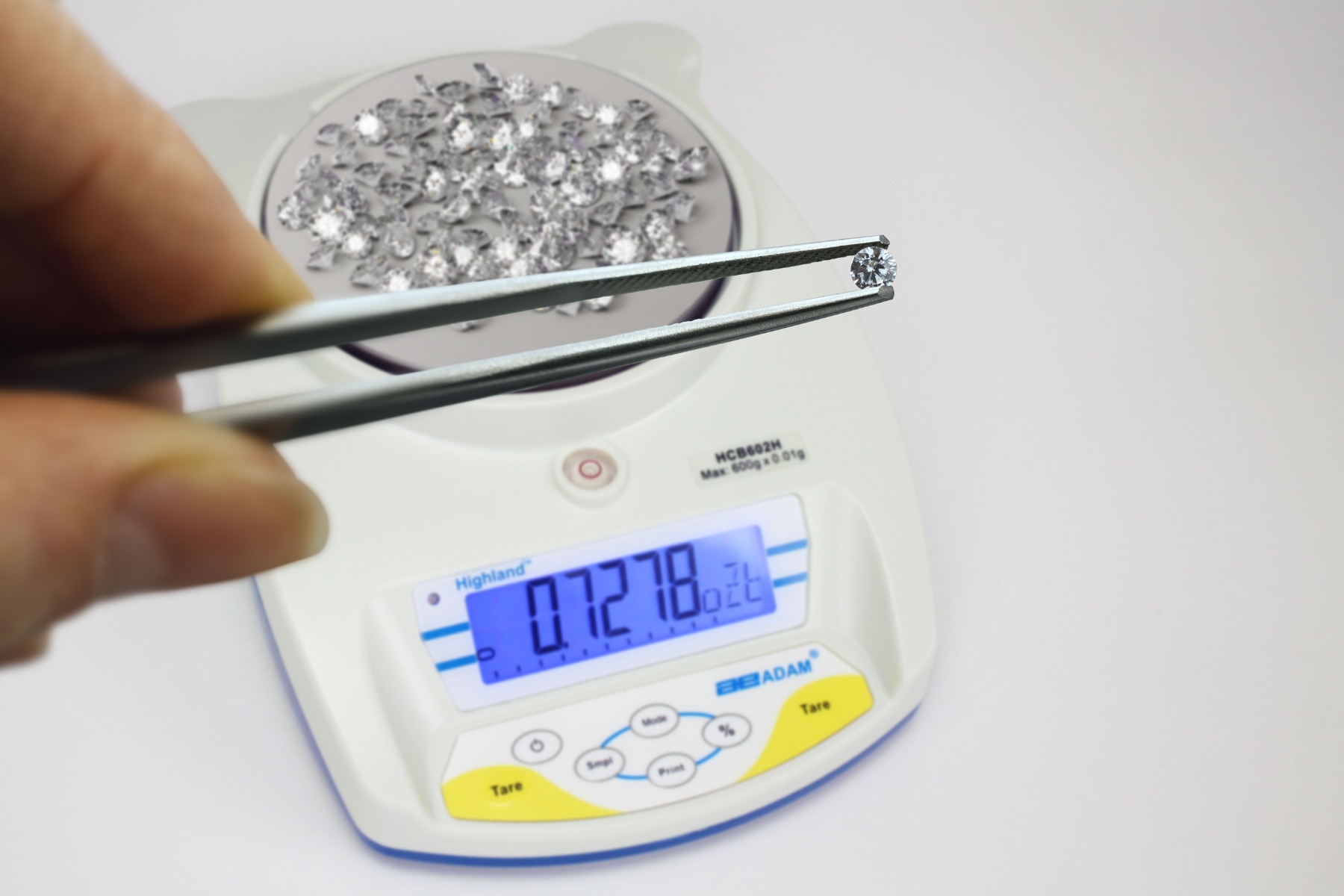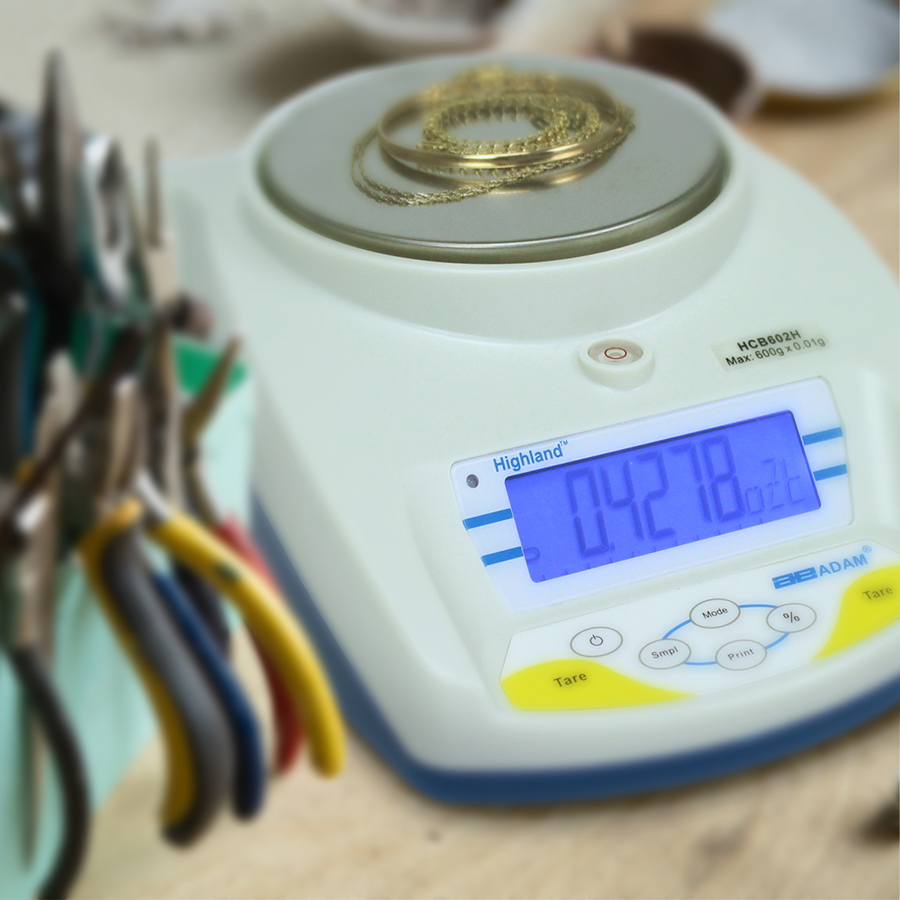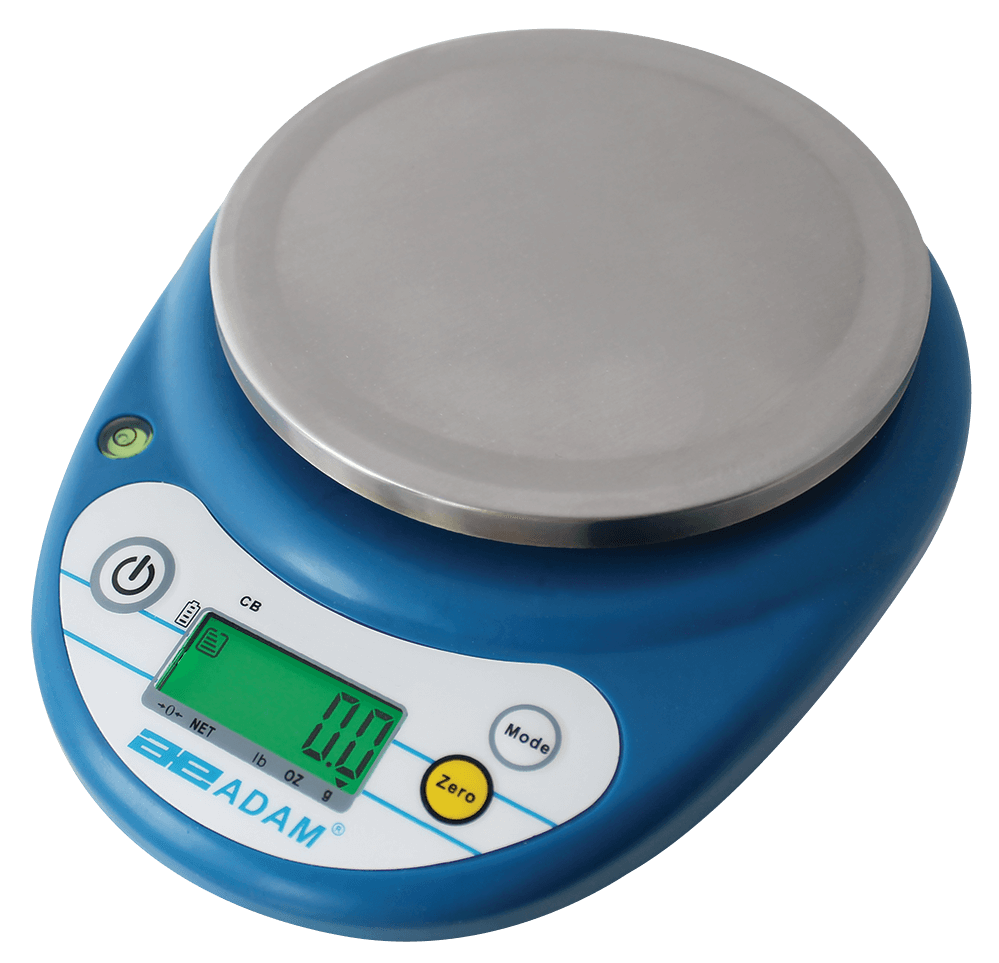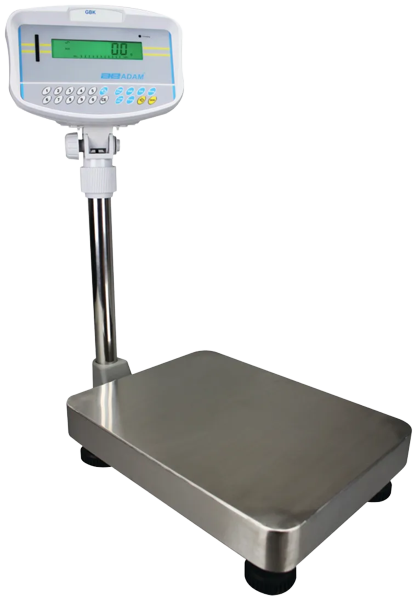Jewelry
Our Blog

Scales and Balances in the Jewelry Industry
If you've ever visited a jewelry shop, you've probably noticed that the jeweler keeps a scale handy. Jewelers rely on scales and balances to assess the quality of certain materials and to count gems. The type of weighing device needed for jewelry weighing depends on the specific requirements for each application. This post will take a look at the many features of jewelry scales and balances, helping you to choose the best jewelry scale for your needs.

A Quick Guide to Trade Approved Scales and Balances
You’ll see the word ‘approved’ on websites selling weighing scales and balances (also called legal for trade or trade approved scales), particularly if you’re looking for a retail scale. What exactly does ‘approved’ mean? Is it really mandatory? Which industries require it? What do all these acronyms mean? We’ll explore the world of trade approved scales, whether or not you need one, and which acronyms you should look for.

What are Scale & Balance Accuracy Classes & Divisions?
Weighing devices used for commercial or laboratory use are often designated within accuracy classes, which are usually referred to simply as classes. What do these classifications mean? Let’s take a look!
Frequently Asked Questions
Adam's jewelry scales feature industry-specific weighing units, allowing them to be used for a wide range of jewelry weighing tasks. For gemstones, such as diamonds, rubies or emeralds, the carat unit can be used, as well as the Troy ounce, which can also be used to weigh precious metals. Pennyweights are also used for weighing precious metals, and mommes and grains to weigh freshwater and cultured pearls. Our balances also have typical gram and ounce measurements for weighing jewelry such as earrings, necklaces and watches.
While you could weigh your jewelry on a regular kitchen scale to check the weight, it’s not recommended. Kitchen scales very rarely offer the same level of precision, being made for everyday weighing of ingredients rather than for the high accuracy weighing of jewelry. Kitchen scales will also lack any of the necessary jewelry weighing units such as carats, Troy ounces or mommes, making it impossible to weigh gemstones or precious metals without complicated conversions.
It’s also important to consider that professional jewelry scales must legally be trade approved for selling all gemstones, precious metals and jewelry. It’s legal to use non-trade approved scales to check the weight, but not for any transaction or for determining price
For simply checking the weight of a piece of jewelry, a trade-approved scale is not required. However, a certified scale is needed for any transactional process where an item is bought or sold, meaning trade-approved scales must be used in pawnbrokers and professional jewelers. As a seller, you are responsible for ensuring that the digital jewelry scales you are using are suitable for trade use within your locality.
Trade-approved scales ensure that items are weighed accurately, and therefore the customer is getting exactly what they are paying for; likewise, it means your business is not losing profit by undervaluing your goods.

